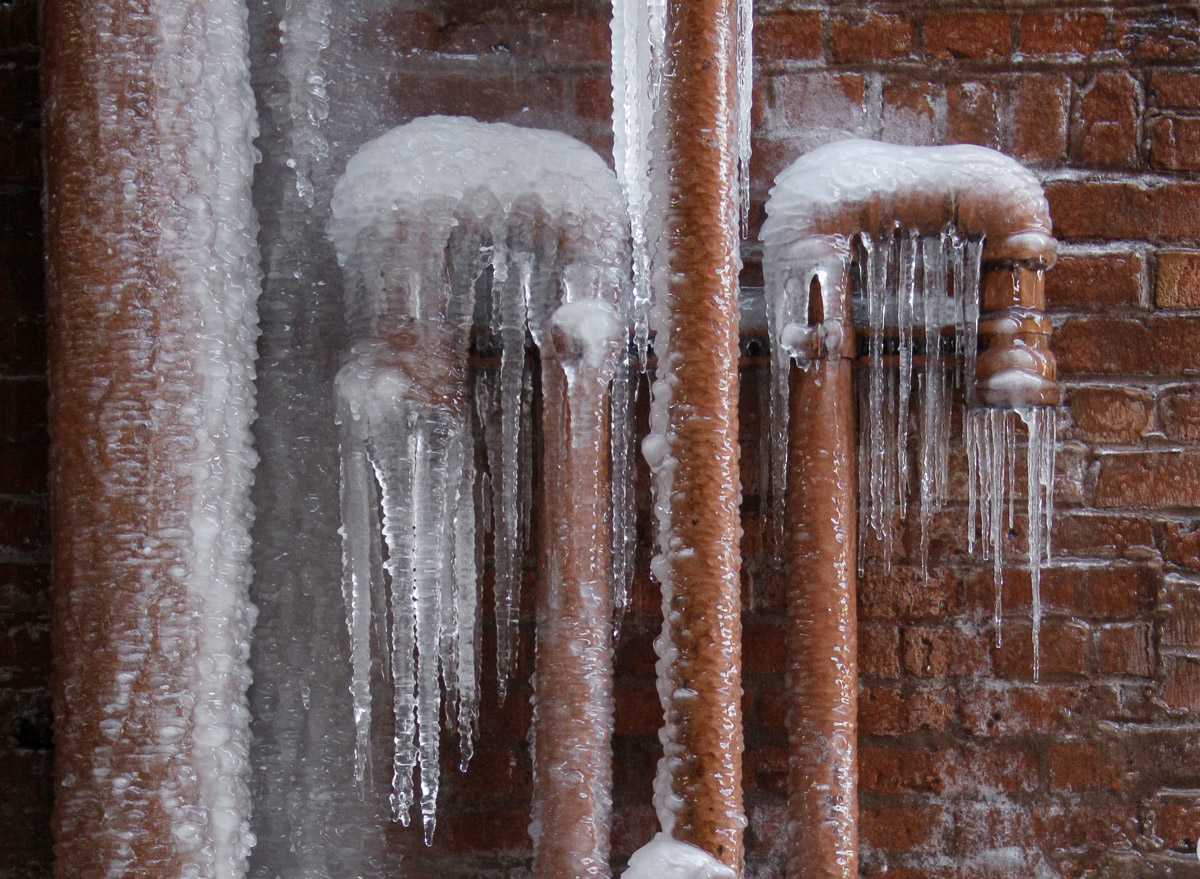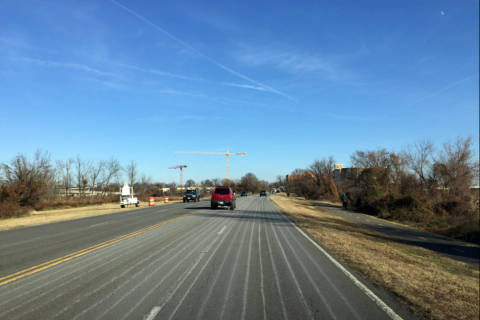WASHINGTON — With winter on the way and temperatures plummeting in the D.C. area, property owners should be prepared for the possibility of frozen or broken pipes.
“Bitter cold temperatures can certainly be tough on pipes,” said spokeswoman Lyn Riggins, with the Washington Suburban Sanitary Commission, which serves Montgomery and Prince George’s counties.
“WSSC can see as many as 1,800 water main breaks in a given year,” she said.
“During a cold, busy winter month, we can fix anywhere from 400 to 600 broken water mains.”
November through February are usually the busiest months for water main breaks.
WSSC is responsible for pipes in the street, the connections to homes and businesses and outdoor water meters. The utility has hundreds of people ready to respond and is operating a 24/7 call center, urging customers to immediately report broken water mains.
“Something WSSC customers can do to help us is call us as soon as they suspect a broken water main, because the sooner we know about it, the sooner we can fix it,” Riggins said.
To report a problem to WSSC, call 301-206-4002 or email the WSSC emergency call center at EmergencyCallCenter@wsscwater.com.
While the utility is responsible for pipes outside in the street, property owners are responsible for anything that goes wrong with pipes inside homes or businesses. They need to call a plumber, not the utility, if a pipe breaks.
To prevent winter-related problems, WSSC recommends keeping areas that have pipes at 55 degrees or above.
“Anything below that, you could be at risk for a pipe inside your house freezing,” said Riggins.
Advice from WSSC to keep pipes from freezing:
- On extremely cold nights, open cabinet doors to expose your pipes to your home’s warmth.
- Let your kitchen or bathroom faucets drip slowly to keep water moving.
- Turn off the water to outside faucets, remove hoses and drain the pipes.
- Repair broken windows, doors and walls.
- Tightly close all doors and windows.
- Insulate outside walls.
- Check with your local hardware store about materials to insulate pipes and meters.
- Seal all leaks in crawl spaces and basements.
- Cover vents from the inside with insulation, cardboard, plastic or newspaper, if they will not close.
If a pipe freezes:
- Completely open the cold water faucet nearest the frozen pipe. This relieves the pressure and reduces the chance of breakage.
- Use a hand-held dryer if you decide to thaw the pipe yourself.
- If you’re not certain what to do, call a registered plumber.







